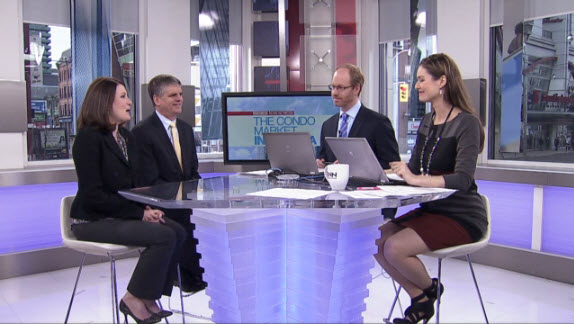Will the value of detached homes in Vancouver increase under new City initiative?
Tuesday, June 26th, 2012Vancouver’s new housing affordability initiative may have the effect of increasing the value of single detached homes, while providing a moderating influence on prices for condos and townhomes, according to Tsur Somerville, director, Centre for Urban Economics and Real Estate, Sauder School of Business at the University of B.C.
“If this is successful, I’d expect higher single family prices than they’d be otherwise,” said Somerville Monday of the plan, which will see the city become more involved in the housing development business.
Somerville said there are already pressures to convert single family homes into denser types of housing, and that those pressures should increase under the plan.
The city’s housing initiative, he said, proposes reducing development costs and red tape to augment denser housing projects, which would result in “more applications to rezone existing single family sites along major arterials.
“You’ll redevelop more single family [land] into condos, which increases [single family] land prices and reduces the supply of single-family homes. There’d be fewer single-family homes, so they’d be worth more.”
However, Somerville believes the policy might also have a moderating effect on overall prices for townhomes and condos in Vancouver, because the supply of high-density housing would increase as average rents drop. “If rents fall, the rental value is lower for an investor, so they’ll pay lower prices. And if we build more condos and townhomes, there will be more supply and prices will moderate.”
However, the chief economist for the B.C. Real Estate Association believes the new housing policy won’t have much of an effect on overall home values in Vancouver.
“It will help increase the stock of affordable housing for lower income households,” said Cameron Muir, noting that high-density housing tends to be less expensive. “But [for overall price levels in the city] I would expect that it would be negligible.”
Source: Brian Morton, Vancouver Sun




